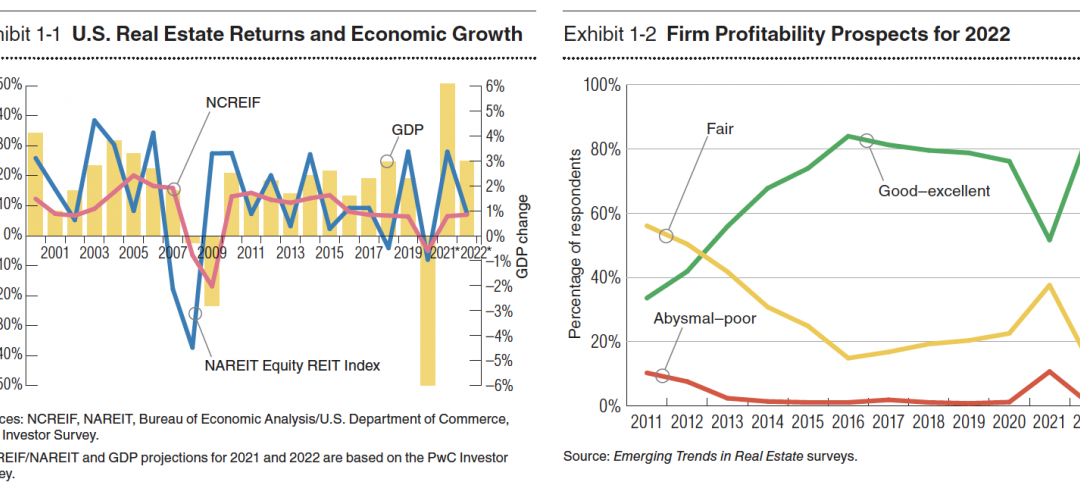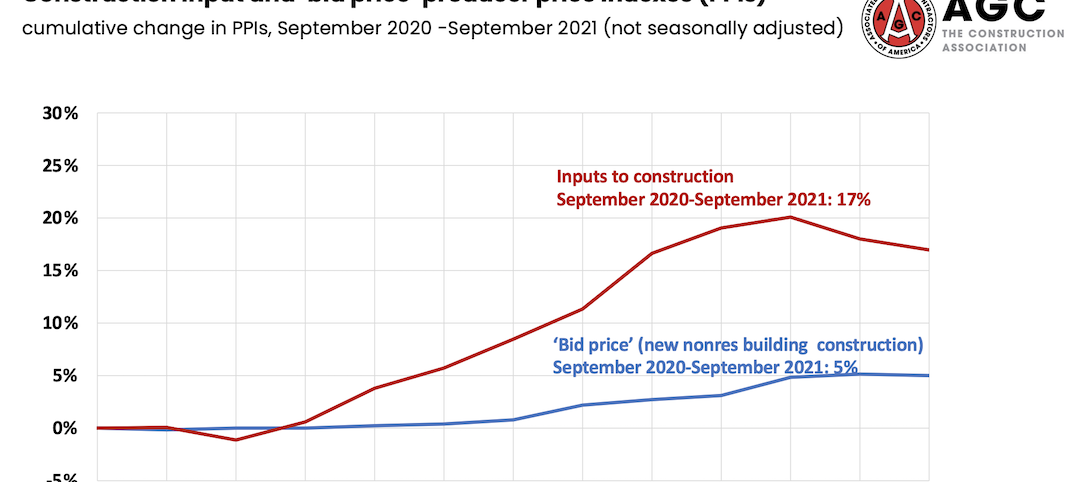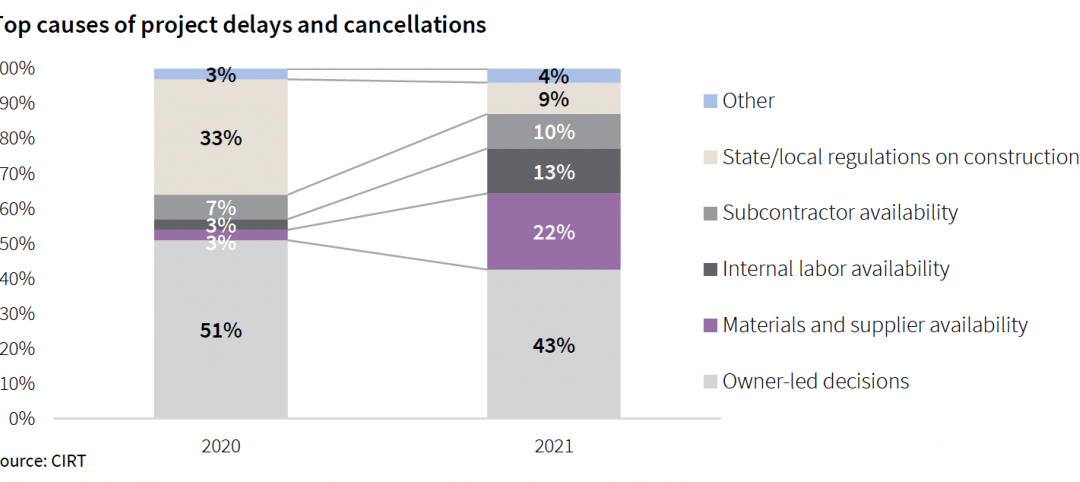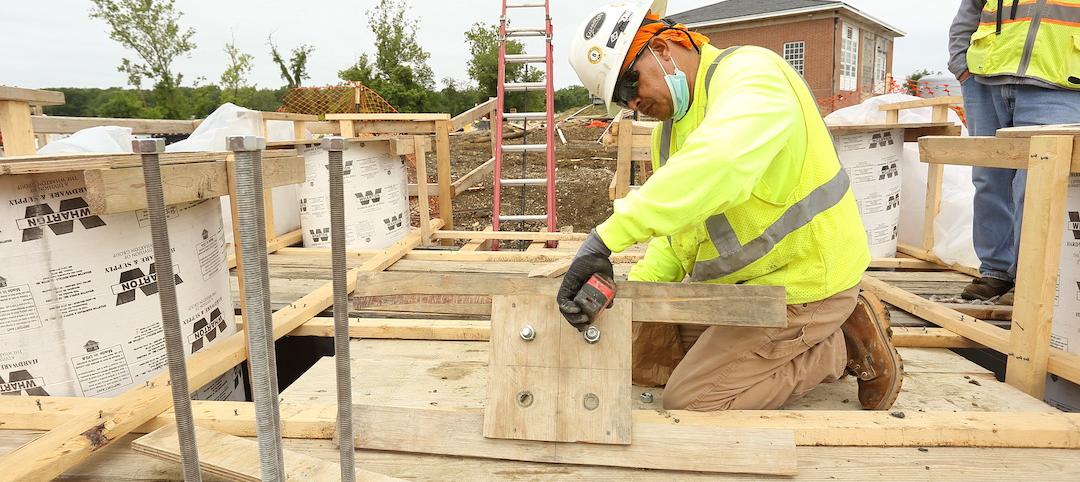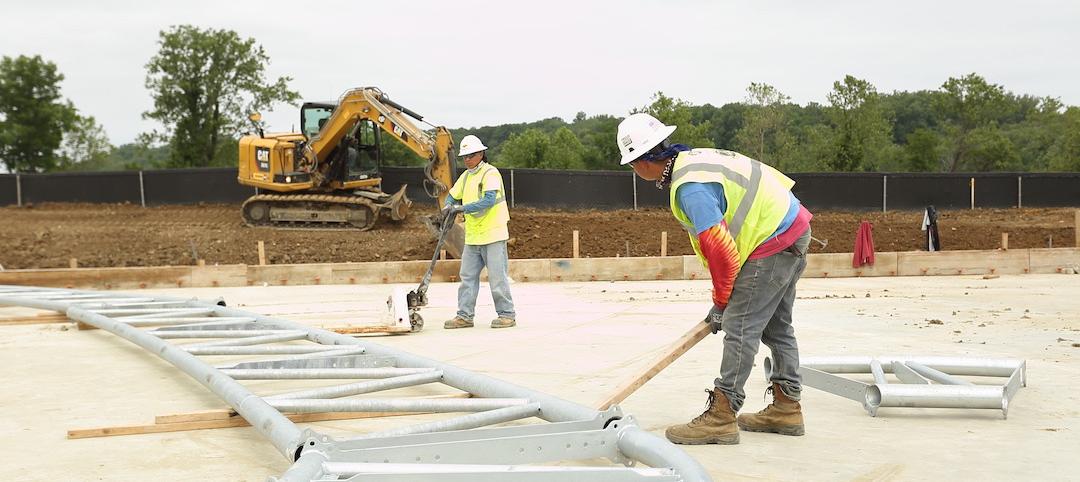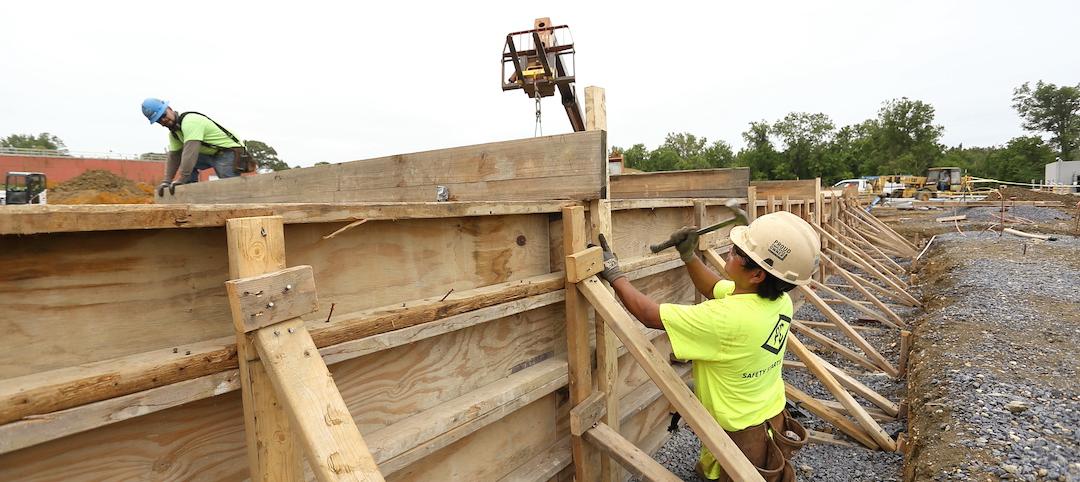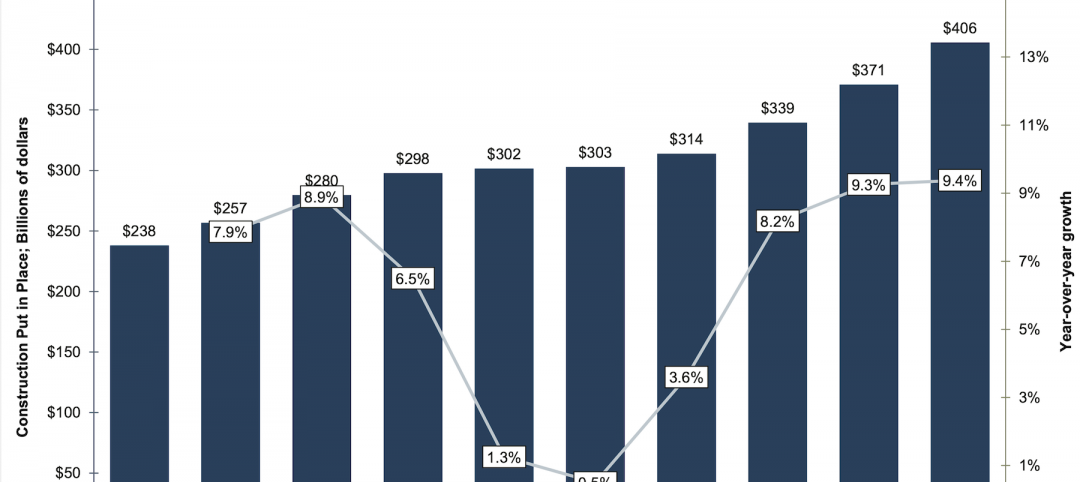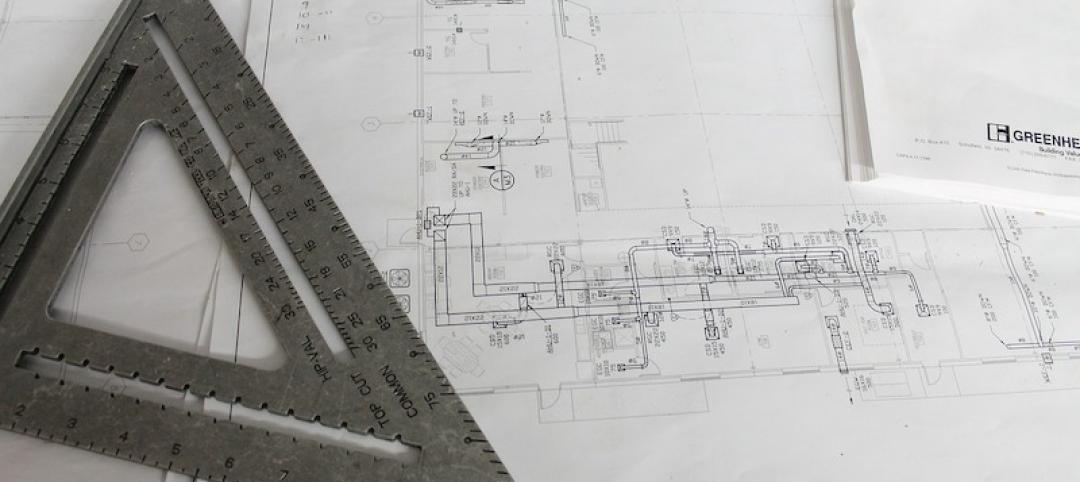The chief executive officer of the Associated General Contractors of America, Stephen E. Sandherr, issued the following statement in reaction to release today of House Democrats’ Proposed Coronavirus Recovery Measure:
“It is encouraging to see House Democrats moving quickly on legislation intended to help the economy recover from the coronavirus. Their proposal includes measures that will help construction firms that have been hard-hit by declining demand and uncertainty about future market conditions. But the proposal’s authors missed an opportunity to address some of the most significant challenges facing the industry.
“On the positive side, the measure includes some needed relief for state highway programs that have been hammered by declining gas tax revenue amid broad economic lockdown measures. The measure also includes an expansion of the employee retention tax credit that will benefit construction firms that have worked to retain employees. It authorizes composite retirement plans, which hold great potential to address the challenges facing multiemployer retirement plans in which many construction firms participate and provides other needed pension relief. And it includes measures to help construction firms working on federal projects cope with schedule delays and other impacts related to the coronavirus.
“The measure, however, fails to include any safe harbor language to protect firms that are safeguarding workers and the public from the coronavirus from limitless litigation. Meanwhile, the proposed repeal of the net operating loss carryback provision will punish firms, especially family-owned businesses, that suffered losses of $250,000 or more this year. This will make it even harder for these firms to retain staff. And the proposed expansion of the unemployment supplement through January 31 will make it more challenging for firms to rehire employees once demand begins to rebound.
“We appreciate that this measure advances a much-needed debate about the best way to re-start the economy. That is why we will continue to work with members of both parties to craft measures, including liability protections, new infrastructure investments and pension relief, that will help the construction industry recover and rebuild.”
Related Stories
Market Data | Oct 19, 2021
Demand for design services continues to increase
The Architecture Billings Index (ABI) score for September was 56.6.
Market Data | Oct 14, 2021
Climate-related risk could be a major headwind for real estate investment
A new trends report from PwC and ULI picks Nashville as the top metro for CRE prospects.
Market Data | Oct 14, 2021
Prices for construction materials continue to outstrip bid prices over 12 months
Construction officials renew push for immediate removal of tariffs on key construction materials.
Market Data | Oct 11, 2021
No decline in construction costs in sight
Construction cost gains are occurring at a time when nonresidential construction spending was down by 9.5 percent for the 12 months through July 2021.
Market Data | Oct 11, 2021
Nonresidential construction sector posts first job gain since March
Has yet to hit pre-pandemic levels amid supply chain disruptions and delays.
Market Data | Oct 4, 2021
Construction spending stalls between July and August
A decrease in nonresidential projects negates ongoing growth in residential work.
Market Data | Oct 1, 2021
Nonresidential construction spending dips in August
Spending declined on a monthly basis in 10 of the 16 nonresidential subcategories.
Market Data | Sep 29, 2021
One-third of metro areas lost construction jobs between August 2020 and 2021
Lawrence-Methuen Town-Salem, Mass. and San Diego-Carlsbad, Calif. top lists of metros with year-over-year employment increases.
Market Data | Sep 28, 2021
Design-Build projects should continue to take bigger shares of construction spending pie over next five years
FMI’s new study finds collaboration and creativity are major reasons why owners and AEC firms prefer this delivery method.
Market Data | Sep 22, 2021
Architecture billings continue to increase
The ABI score for August was 55.6, up from July’s score of 54.6.




